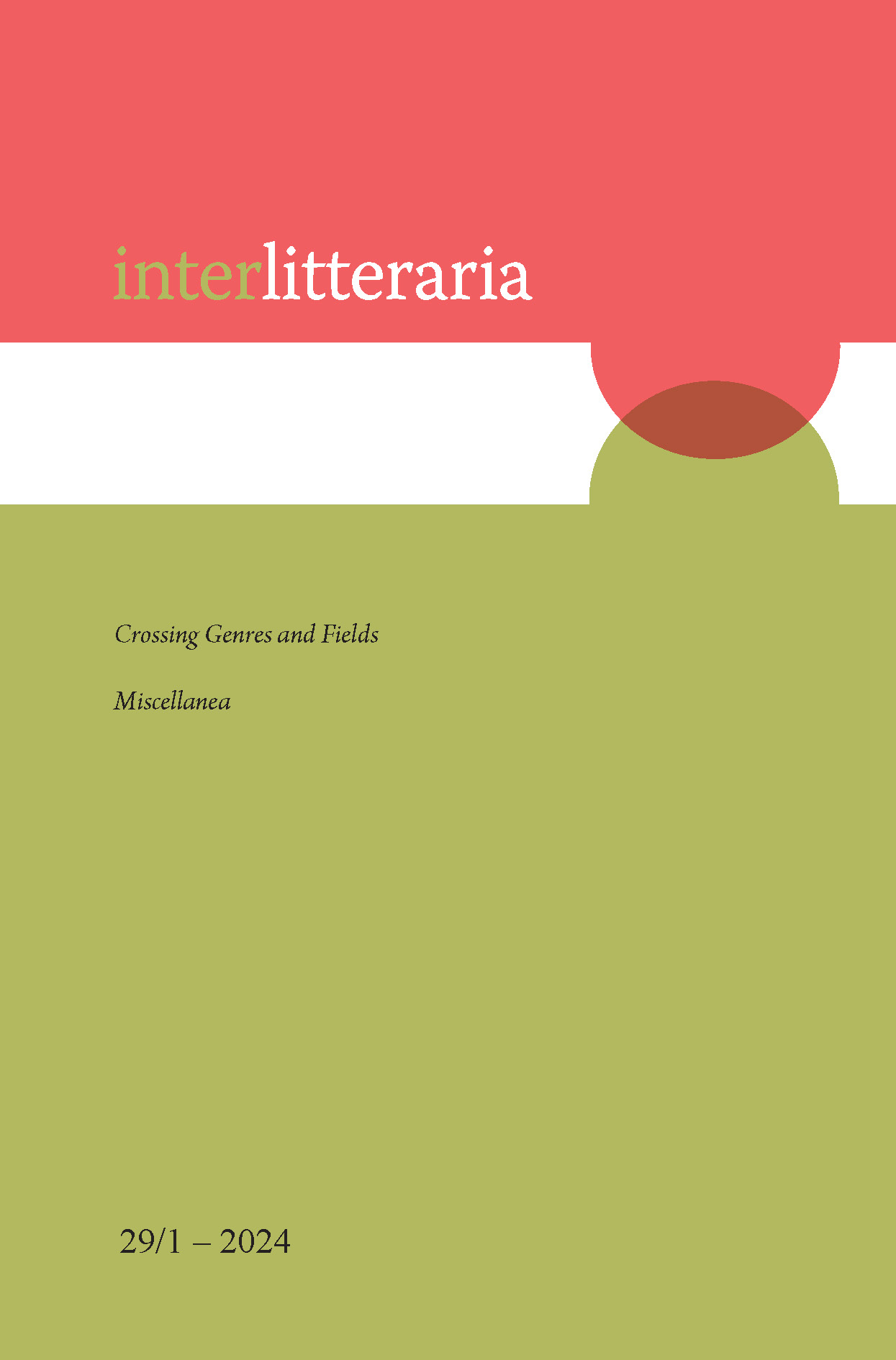Othering Nature in Arundhati Roy’s 'The God of Small Things': A Postcolonial Ecocritical Study
DOI:
https://doi.org/10.12697/IL.2024.29.1.13Keywords:
postcolonial ecocriticism, anthropocentrism, colonizers, nature, environmentAbstract
By mainly referring to Huggan and Tiffin (2010) on postcolonial ecocriticism, the study aims to explore how Arundhati Roy’s novel The God of Small Things (1997) contributes new perspectives on the intertwining between postcolonial studies and ecocriticism. In addition, it explores how the anthropocentric attitude of human beings ruins their natural environment. The selected text is analyzed by utilizing the techniques of content analysis. Human beings are involved to ‘other’ natural environments for their economic gains in the name of development. It is the way of justifying their colonizing attitudes and manipulation of nature. The research finds out that the humans’ desires for economic development are materialized through putting aside the traditional ways of agriculture, building dams, clearing forests, and adopting modern ways of living which destroy the balance of their ecosystem. These factors eventually lead towards the ‘othering’ of nature and the natives in the hands of the colonizers, having some hidden economic and political agendas. Though, Roy’s selected text (1997) has been explored through different postcolonial perspectives but, the colonizers’ attitude towards nature and lands of the colonized is ignored. So, the study is an effort to fill this research gap.
Downloads
Downloads
Published
Issue
Section
License
Copyright (c) 2024 Ghulam Yasin

This work is licensed under a Creative Commons Attribution-NonCommercial-NoDerivatives 4.0 International License.
The contents of Interlitteraria are published under CC BY-NC-ND licence.


